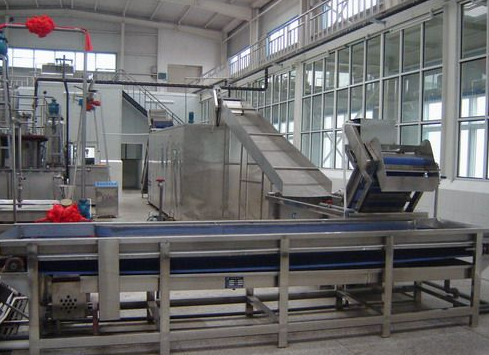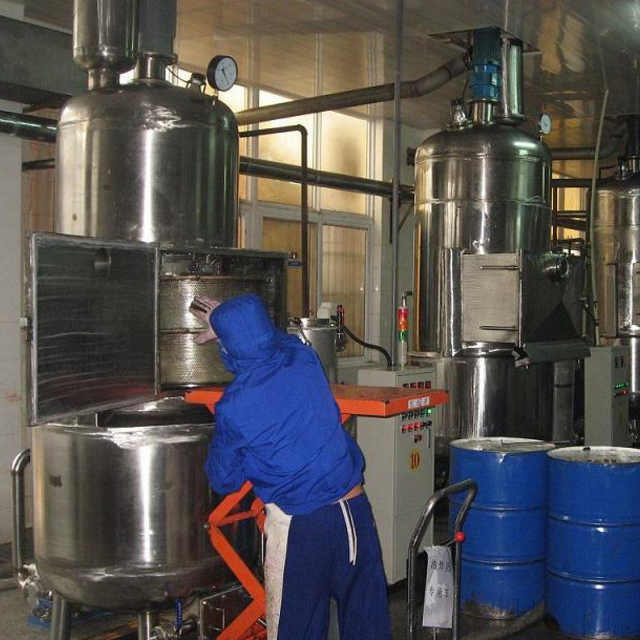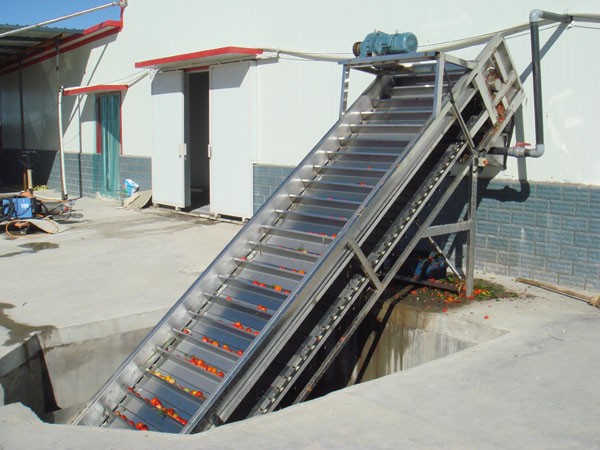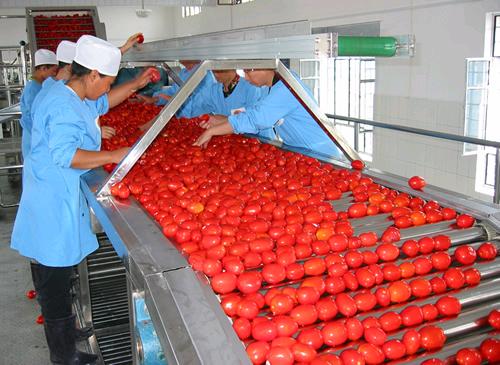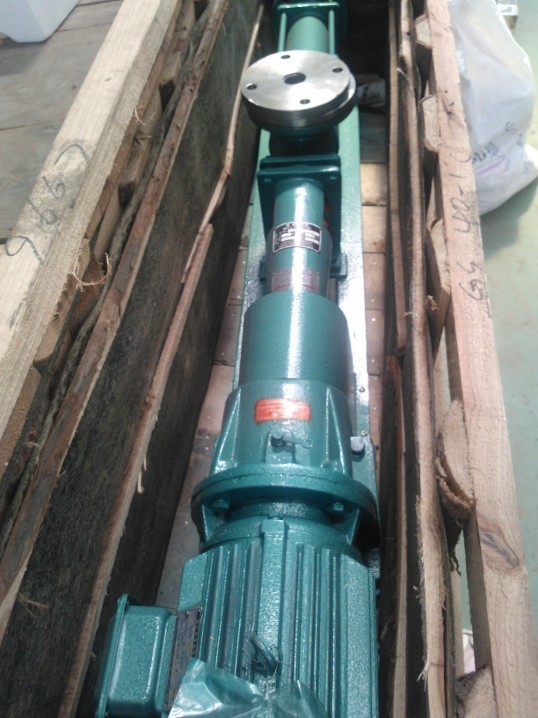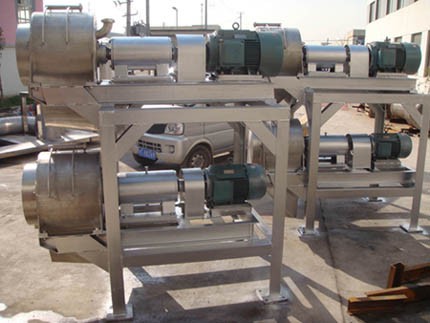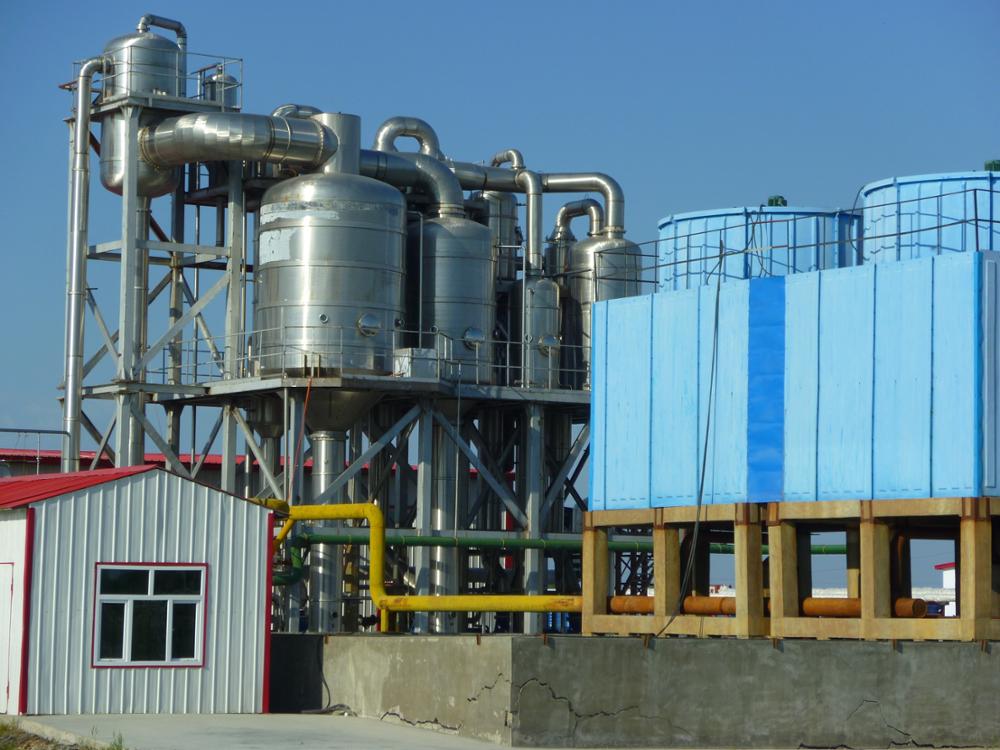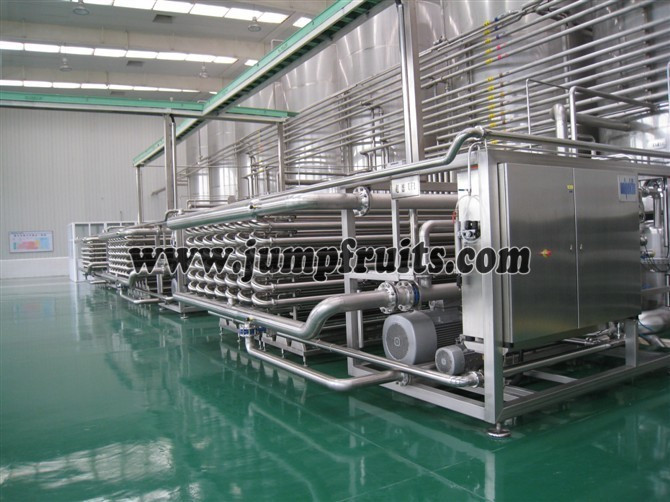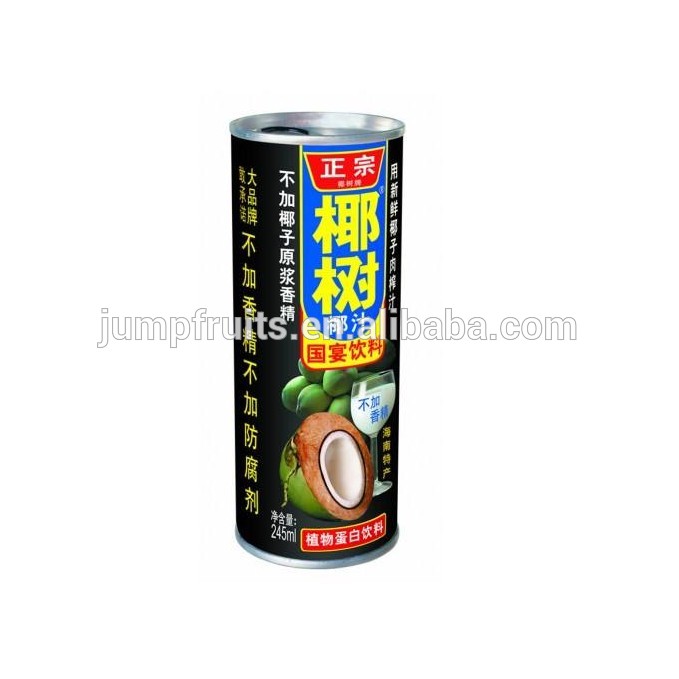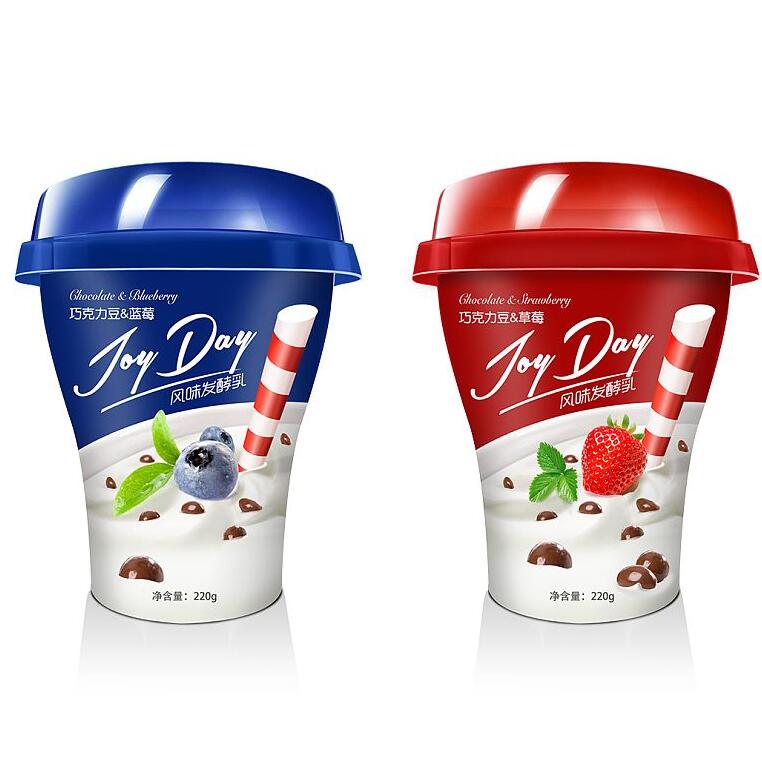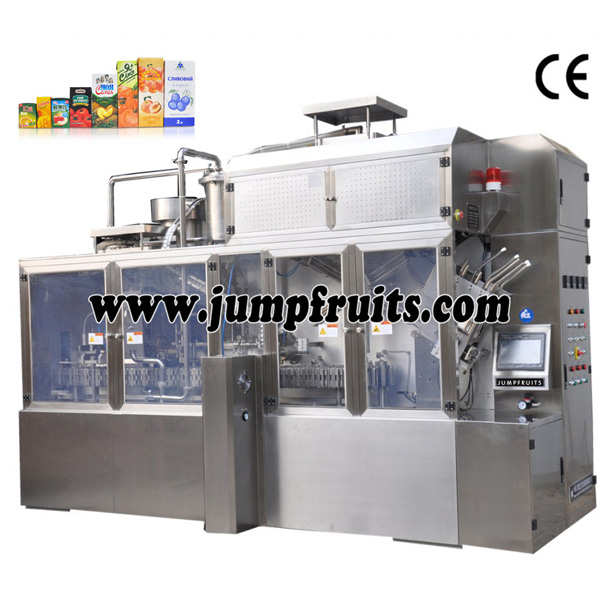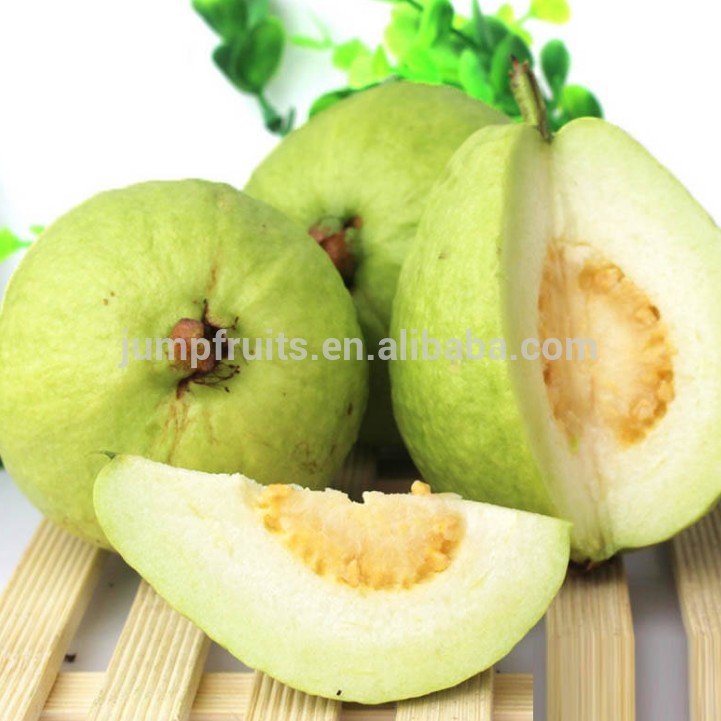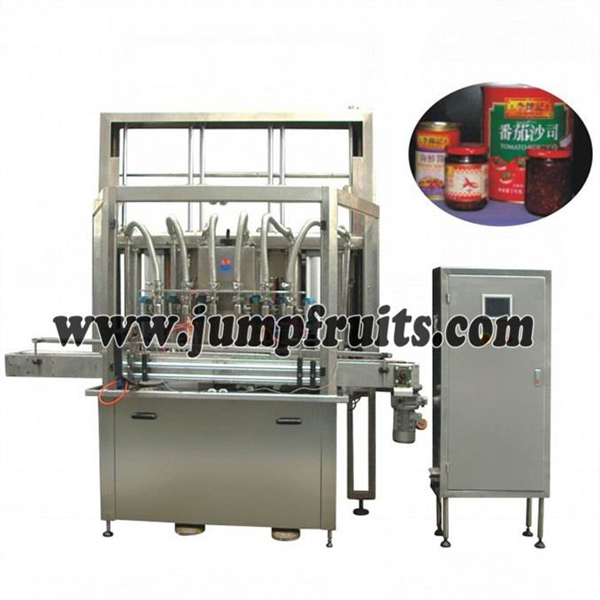Factory Free sample Steamed Canned Fish Processing Machine - Tomato Processing Line Powder Production Line Ketchup Sachet Filling Line – JUMP
Factory Free sample Steamed Canned Fish Processing Machine - Tomato Processing Line Powder Production Line Ketchup Sachet Filling Line – JUMP Detail:
- Place of Origin:
-
Shanghai, China
- Brand Name:
-
SHJUMP
- Model Number:
-
JPTP-5015
- Type:
-
WHOLE LINE
- Voltage:
-
220V/380V
- Power:
-
2.2KW
- Weight:
-
1500KG
- Dimension(L*W*H):
-
2800*5600*4500
- Certification:
-
CE/ISO9001
- Year:
-
2018
- Warranty:
-
1 Year
- After-sales Service Provided:
-
Field installation, commissioning and training, Engineers available to overseas
- Product name:
-
export tomato processing line
- Name:
-
turnkey tomato processing project
- Usage:
-
Food Processing Industries
- Function:
-
Multifunctional
- Capacity:
-
0.5T-50T/H
- Material:
-
SUS304 Stainless Steel
- Color:
-
Customers' Requirements
- Feature:
-
turnkey solution,from A to Z service
- Item:
-
Automatic Fruits Juicer Machine
- Supply Ability:
- 20 Set/Sets per Month
- Packaging Details
- Stable wooden package protects machine from strike and damage. Wound plastic film keeps machine out of damp and corrosion.Fumigation-free package helps the smooth customs clearance.The big size machine will be fixed in container without package.
- Port
- shanghai port
Select stainless steel bracket, food-grade and hard plastic or stainless steel scraper, smoothing blade architecture to prevent the fruit jam; Using imported anti-corrosion bearings, double-sided seal; with continuously variable transmission motor, variable frequency Speed and low operating costsTitle goes here.
Stainless steel roller conveyor, rotation and solution, a full range of check, no need ends. Manmade fruit platform, painted carbon steel bracket,stainless steel antiskid pedal,stainless steel fence.
C. Crusher
Fusing Italian technology, multiple sets of cross-blade structure, crusher size can be adjusted according to customer or specific project requirements, it will increase the juice juice rate of 2-3% relative to the traditional structure , which is suitable for production of onion sauce, carrot sauce, pepper sauce , apple sauce and other fruits and vegetables sauce and products
D. Double-stage pulping machine
It have tapered mesh structure and the gap with load can be adjusted, frequency control, so that the juice will be cleaner; Internal mesh aperture are based on customer or specific project requirements to order
E. Evaporator
Single-effect, double-effect,triple-effect and multi-effect evaporator, which will save more energy; Under vacuum, continuous low temperature cycle heating to maximize the protection of nutrients in the material as well as the originals. There are steam recovery system and double times condensate system, it can reduce the consumption of steam;
F. Sterilization machine
Having obtained nine ed technology, take full advantages of the material’s own heat exchange to save energy– about 40%
F. Filling machine
Adopt Italian technology, sub-head and double-headed, continuous filling, reduce return; Using steam injection to sterilize, to ensure filling in aseptic state , the shelf life of product will twp years at room temperature ; In the filling process,using turntable lifting mode to avoid secondary pollution.
Process flow to make high-quality tomato paste:
1) Receiving: Fresh tomatoes arrive at the plant in trucks, which are directed to the offloading area. An operator, using a special tube or boom, pipes a vast quantity of water into the truck, so that the tomatoes can flow out from the special opening at the rear of the trailer. Using water allows the tomatoes move into the collection channel without being damaged.
2)
Sorting: More water is continuously pumped into the collection channel. This water carries the tomatoes into the roller elevator, rinses them, and conveys them to the sorting station. At the sorting station, staff remove material other than tomatoes (MOT), as well as the green, damaged and discolored tomatoes. These are placed on a reject conveyor and then collected in a storage unit to be taken away. In some facilities, the sorting process is automated
3)
Chopping: The tomatoes suitable for processing are pumped to the chopping station where they are chopped.
4)
Cold or Hot Break: The pulp is pre-heated to 65-75°C for Cold Break processing or to 85-95°C for Hot Break processing.
5)
Juice Extraction: The pulp (consisting of fiber, juice, skin and seeds) is then pumped through an extraction unit composed of a pulper and a refiner – these are essentially large sieves. Based on customer requirements, these mesh screens will allow more or less solid material to pass through, to make a coarser or smoother product, respectively.
Typically, 95% of the pulp makes it through both screens. The remaining 5%, comprised of fiber, skin and seeds, considered waste and is transported out of the facility to be sold as cattle feed.
6)
Holding Tank: At this point the refined juice is collected in a large holding tank, which constantly feeds the evaporator.
7)
Evaporation: Evaporation is the most energy-intensive step of the whole process – this is where the water is extracted, and the juice that is still only 5% solid becomes 28% to 36% concentrated tomato paste. The evaporator automatically regulates juice intake and finished concentrate output; the operator only has to set the Brix value on the evaporator’s control panel to determine the level of concentration.
As the juice inside the evaporator passes through different stages, its concentration gradually increases until the required density is obtained in the final “finisher” stage. The entire concentration/evaporation process takes place under vacuum conditions, at temperatures significantly below 100°C.
8)
Aseptic Filling: Most facilities package the finished product using aseptic bags, so that the product in the evaporator never comes into contact with air until it reaches the customer. The concentrate is sent from the evaporator directly to an aseptic tank – it is then pumped at high pressure through the aseptic sterilizer-cooler (also called a flash cooler) to the aseptic filler, where it is filled into large, pre-sterilized aseptic bags. Once packaged, the concentrate can be kept up to 24 months.
Some facilities choose to package their finished product under non-aseptic conditions. This paste must go through an additional step after packaging – it is heated to pasteurize the paste, and then kept under observation for 14 days before being released to the customer.
To design tomato processing line of energy and capital intensive. Just free free to contact
Company Introduction:
Shanghai JUMP GROUP Co., Ltd, is keeping leadership position in the tomato paste and concentrated apple juice processing line. We also have made brilliant achievements in other fruit& vegetable beverage equipments, such as:
1. Juice production line for orange juice, grape juice, jujube juice, coconut drink/coconut milk, pomegranate juice, watermelon juice, cranberry juice, peach juice, cantaloupe juice, papaya juice, sea buckthorn juice, orange juice, strawberry juice, mulberry juice, pineapple juice, kiwi juice, wolfberry juice, mango juice, sea buckthorn juice, exotic fruit juice, carrot juice, corn juice, guava juice, cranberry juice, blueberry juice, RRTJ, loquat juice and other juice drinks dilution filling production line
2. Can food production line for canned Peach, canned mushrooms, canned chili sauce, paste, canned arbutus, canned oranges, apples, canned pears, canned pineapple, canned green beans, canned bamboo shoots, canned cucumbers, canned carrots, canned tomato paste, canned cherries, canned cherry
3. Sauce production line for mango sauce, strawberry sauce, cranberry sauce, canned hawthorn sauce etc.
We grasped proficient technology and advanced biological enzyme technology, successfully applied in more than 120 domestic and foreign jam &juice production lines and we has helped client gain excellent products and good economic benefits.
Our unique–Turnkey Solution.:
No need worry if you know little about how to carry out the plant in your country.We not only offer the equipments to you,but also provide one-stop service, from your warehouse designing (water, electricity ,steam) , worker training, machine installation and debugging, life-long after-sale service etc.
Consulting + Conception
As a first step and prior to project implementation, we will provide to you profoundly experienced and highly competent consulting services. Based on an extensive and thorough analysis of your actual situation and requirements we will develop your customized solution(s). In our understanding, customer-focused consultation means that all steps planned – from the initial conception phase to the final phase of implementation – will be conducted in a transparent and comprehensible manner.
Project Planning
A professional project planning approach is a prerequisite for the realization of complex automation projects. On the basis of each individual assignment w
Product detail pictures:
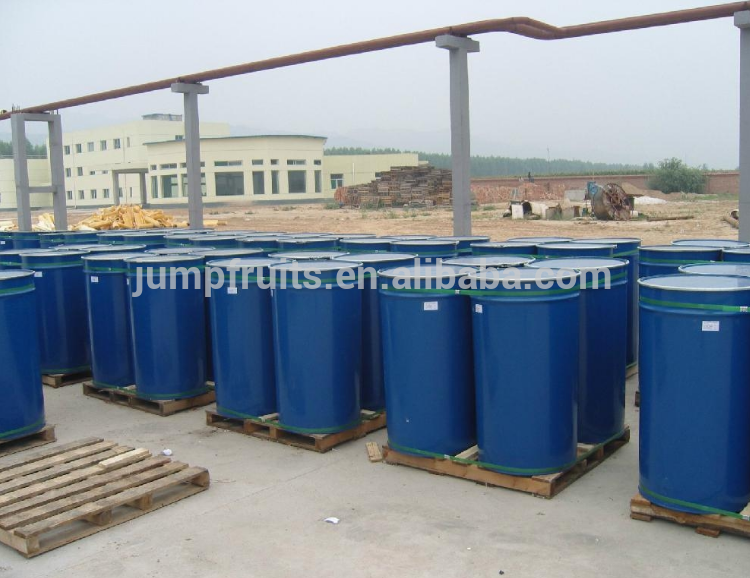
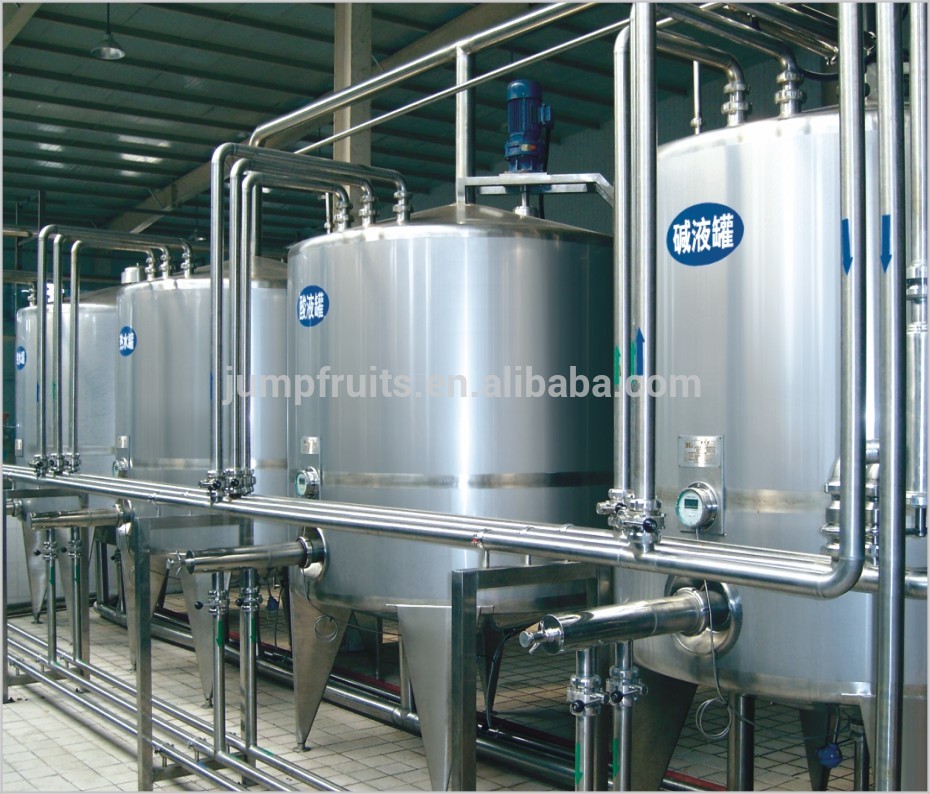
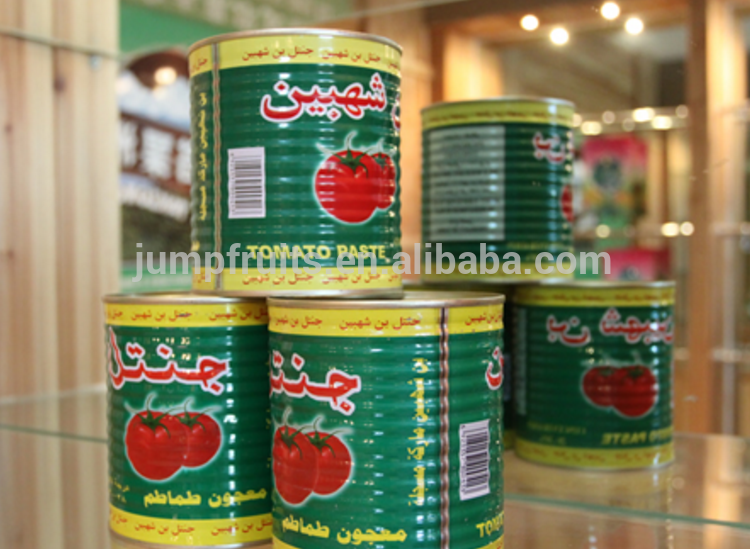
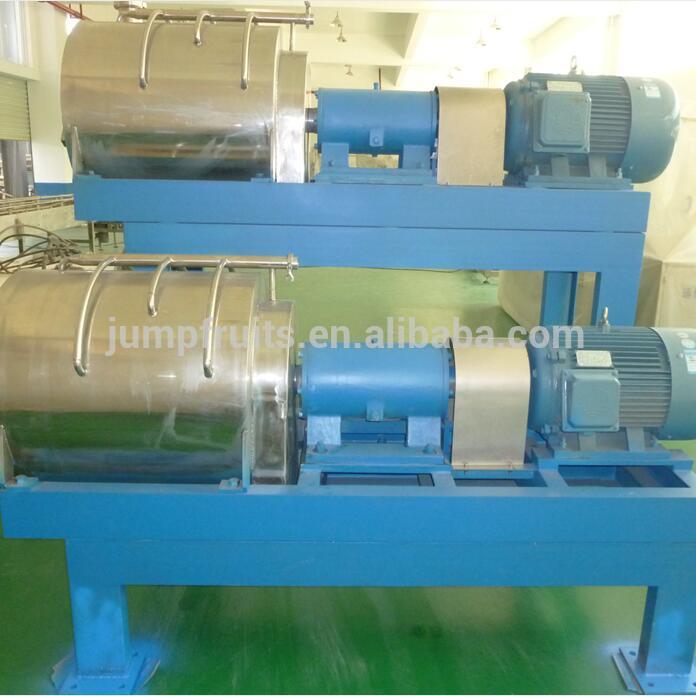
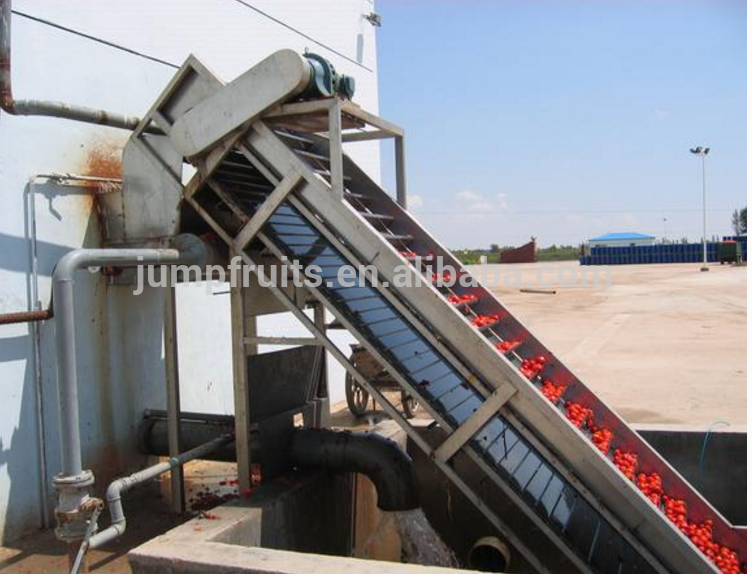
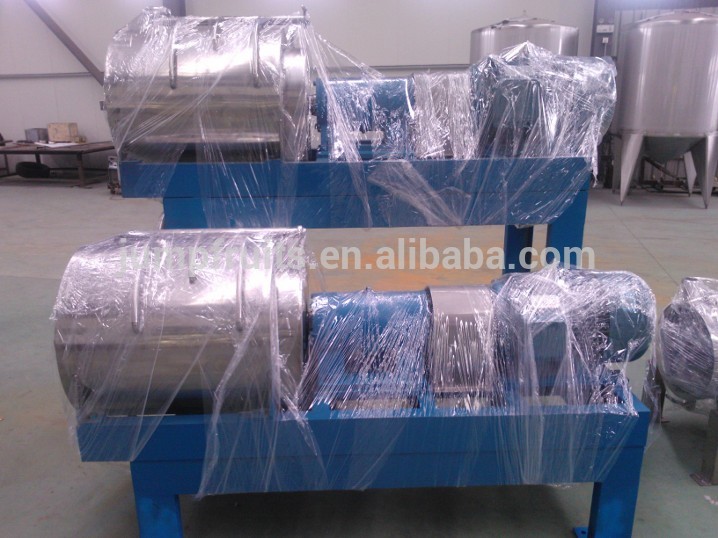
Related Product Guide:
Persisting in "High quality, Prompt Delivery, Competitive Price", we have established long-term cooperation with clients from both overseas and domestically and get new and old clients' high comments for Factory Free sample Steamed Canned Fish Processing Machine - Tomato Processing Line Powder Production Line Ketchup Sachet Filling Line – JUMP , The product will supply to all over the world, such as: Singapore, Seattle, Uganda, We now have to continue to uphold the "quality, detailed, efficient" business philosophy of "honest, responsible, innovative"spirit of service, abide by the contract and abide by reputation, first-class goods and improve service welcome overseas customers patrons.
The quality of the products is very good, especially in the details, can be seen that the company work actively to satisfy customer's interest, a nice supplier.


